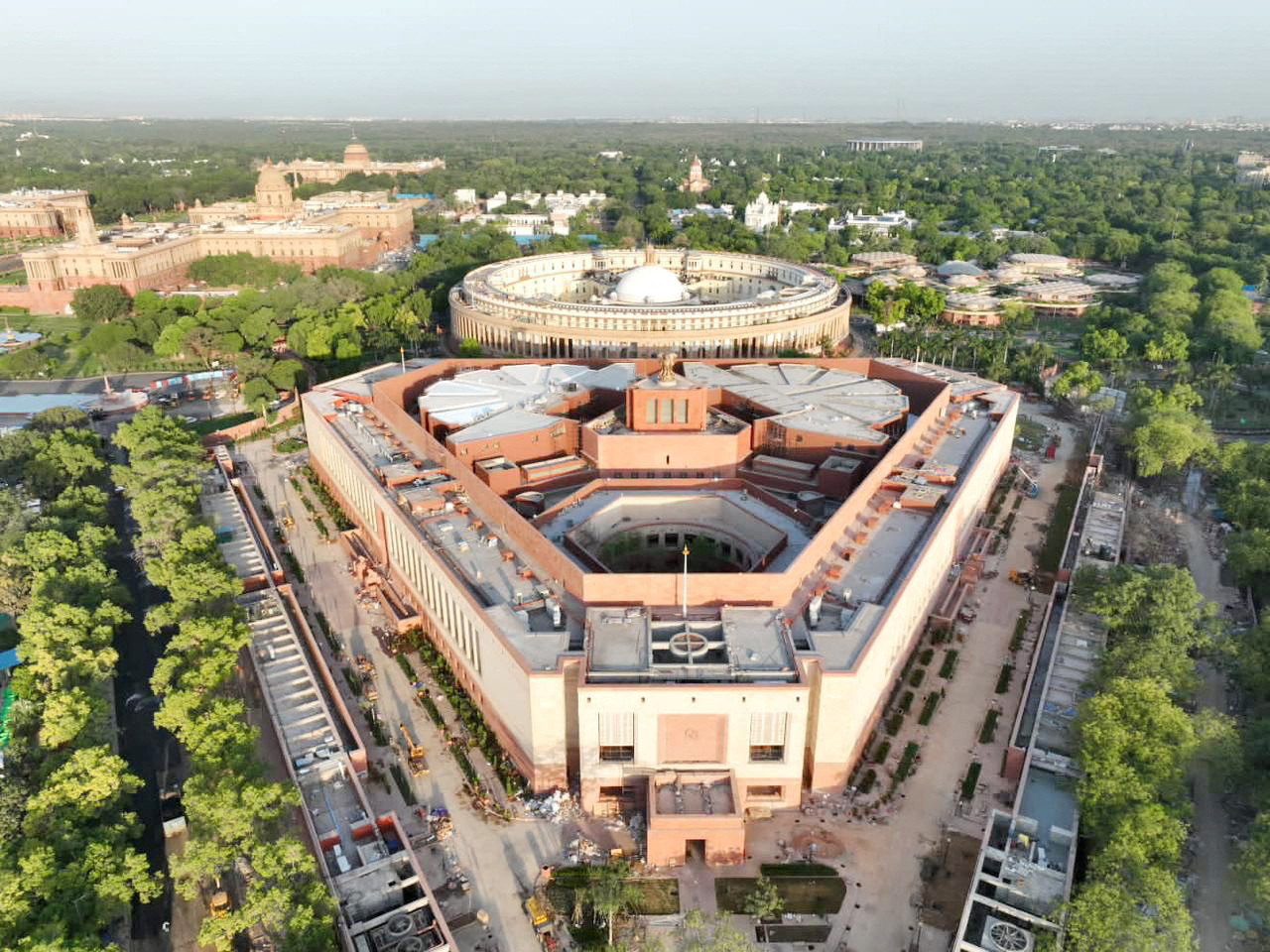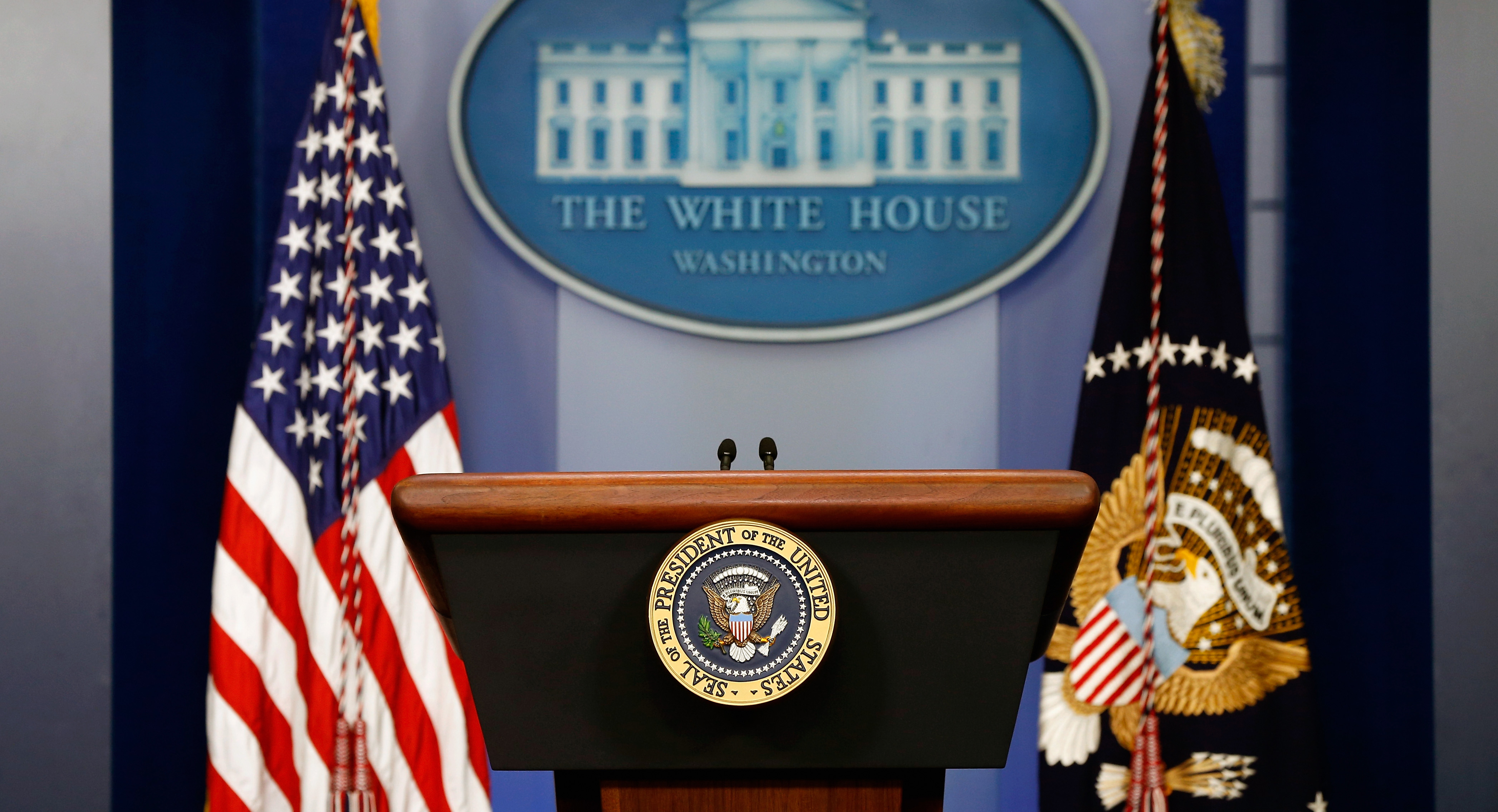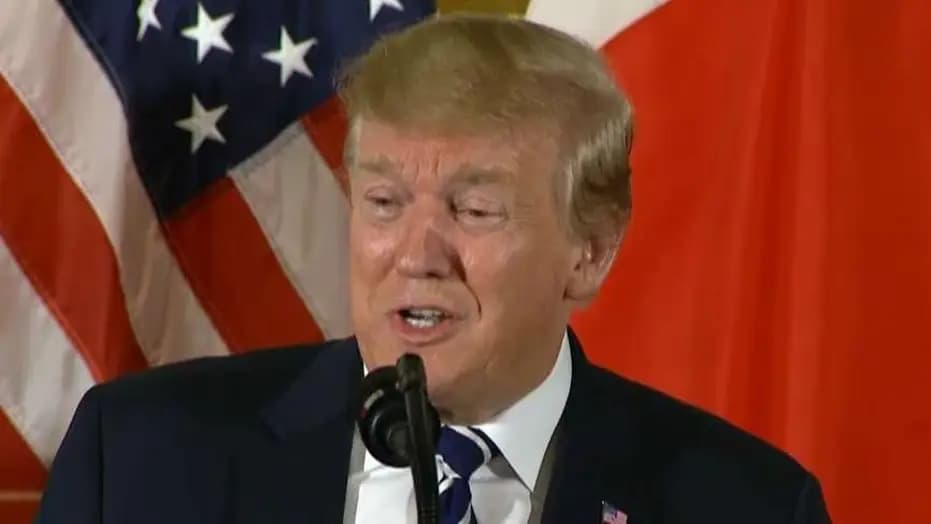Trade Talks Stalled Amid High Stakes
As President Donald Trump approaches a self-imposed deadline, the ongoing trade negotiations with India are becoming a battleground of political maneuvering and economic risk. The White House"s aggressive demands to "open up India" could provoke a backlash against Prime Minister Narendra Modi"s government, jeopardizing not just the trade deal but also the political stability in India.
India"s Political Landscape at Risk
India has been eager to strike a deal to avoid crippling tariffs from the U.S., yet Trump"s tactics are making it increasingly difficult for Modi to sell any agreement domestically. According to Brookings, the perception of being bullied into a trade deal could alienate Modi from his political base, which has already shown fierce resistance to policies perceived as detrimental to Indian farmers.

Modi inaugurates new parliament building as part of New ...
Trump"s Coercive Strategy Backfires
The Trump administration’s approach to trade negotiations often resembles coercion rather than collaboration. Reports indicate that the U.S. is offering minimal concessions in exchange for significant reductions in India"s trade barriers. As noted by Harvard Law experts, this method may ultimately sow distrust among trading partners, threatening not just trade agreements but broader diplomatic relations.
Farmers Caught in the Crossfire
India"s agricultural sector is pivotal to the country"s economy, with many subsistence farmers relying on protections to shield them from international market fluctuations. The U.S. agriculture industry, particularly pushing for access to India"s dairy market, stands to gain from these negotiations, yet any agreement potentially undermines India"s farmers. The history of farmer protests in India, particularly the significant unrest following the repeal of farm laws in 2020, showcases the precarious nature of this negotiation. As reported by USTR, India maintains some of the highest tariffs globally, averaging around 17 percent, primarily to protect its agricultural base.

Daily White House press briefing to stay in the West Wing ...
The Broader Economic Implications
Trump"s tariff strategy, which aims to extract concessions from foreign governments, has failed to account for the intricate interplay of domestic politics in India and other nations. The U.S. economy itself has faced repercussions, with real GDP growth projected to decline by up to 0.9 percentage points due to tariffs, as detailed in a study from Yale Budget Lab. This reality illustrates that the administration"s insistence on unilateral gains may lead to a mutually destructive outcome, eroding the economic foothold in both countries.







![[Video] Gunfire between Iraqi security forces and Sadr militias in Baghdad](/_next/image?url=%2Fapi%2Fimage%2Fthumbnails%2Fthumbnail-1768343508874-4redb-thumbnail.jpg&w=3840&q=75)
